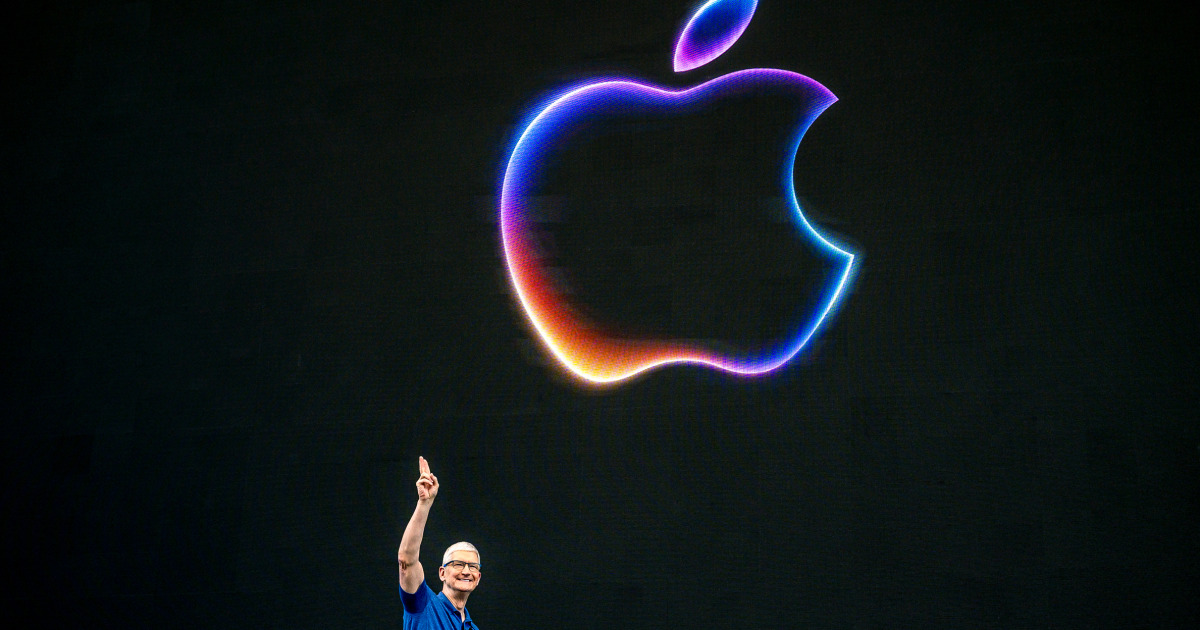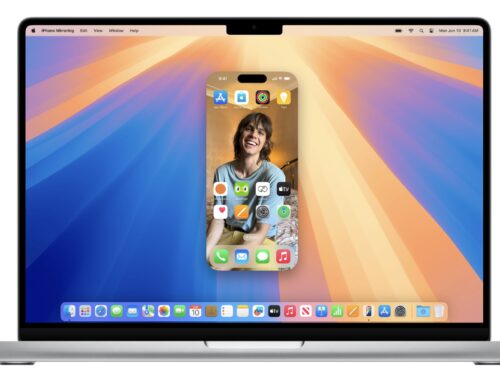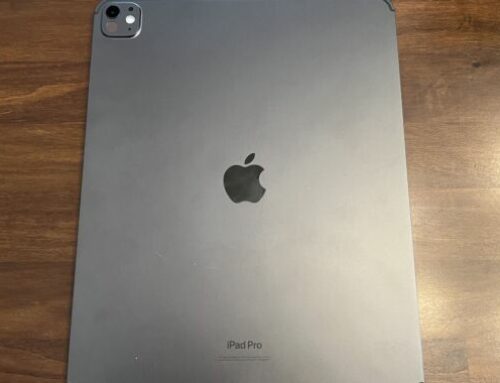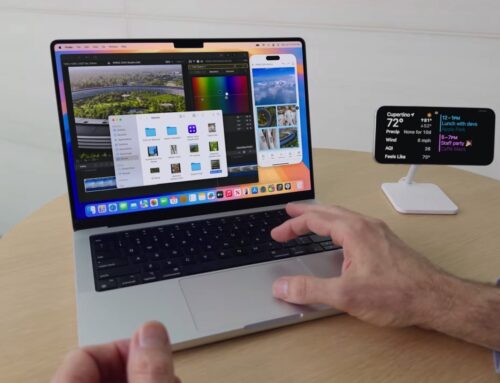Lots of tech companies want to make artificial intelligence part of your everyday life. Google and Microsoft are putting AI-generated answers into search results, sometimes with hilarious results. Meta has added an AI chatbot to Instagram and its other apps, annoying some users.
Now, it’s Apple’s turn to show why it might be the first to succeed.
Apple on Monday unveiled sweeping plans to put AI in nearly every corner of the iPhone. The company said it’ll be adding AI functions to the native apps for email, messages and photos, as well as to app notifications and the abilities of Siri. It said it’ll even use AI to allow people to generate custom emojis.
Think of the announcement as a top-to-bottom makeover of the iPhone, with AI plugged in wherever the company’s software engineers could think to do it. The idea is that using AI on the iPhone will seem normal — so normal that sometimes you might not even notice it’s there.
Apple appears to be embarking on the changes mostly without help from other tech companies. Although it announced a partnership with OpenAI for ChatGPT access, it’s a limited integration that requires Apple users to opt in, and it’s not exclusive; Apple said it intends to support other AI models in the future, putting ChatGPT and its competitors in a kind of secondary role.
Never short on ego, Apple is calling the system “Apple Intelligence” — seemingly trying to redefine “AI” from an initialism for artificial intelligence to one that refers to the Cupertino, California, company.
And Apple said it’s not waiting long to introduce its ideas to customers, rolling out the new AI capabilities this summer on iPhones, iPads and Macs.
Here’s how to make sense of what Apple unveiled during the two-hour kickoff of its annual event, the Apple Worldwide Developers Conference.
Takeaway No. 1: AI, but personalized
As powerful as chatbots like OpenAI’s ChatGPT can seem, they know little to nothing about you. But your Apple devices know a lot about you: from who’s in your photos to whom you’re texting and emailing.
That data may be Apple’s secret sauce, allowing a device like an iPhone to give you answers or tools tailored to you, based on data from your device, rather than trained on generic data from across the web.
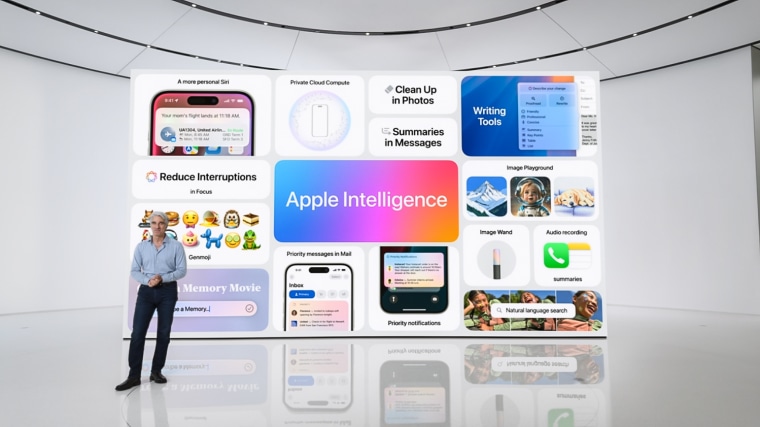
One example Apple gave: asking the iPhone’s voice-based assistant, Siri, “When is my mom’s flight landing?” and then getting back an answer in which 1) Siri understood who you meant by “mom” and 2) pulled a flight number from a previous text conversation. Craig Federighi, Apple’s senior vice president of software engineering, called it a “personal intelligence system” that is “specialized for your everyday tasks and can adapt on the fly to your current activity.”
Takeaway No. 2: Apple reiterates privacy pledge
The new AI features will involve a lot of personal data, but Apple said it’s not changing its long-standing stance on maintaining privacy.
Federighi said “many” of the new AI features will run entirely on a device, without data leaving the phone. That’s generally an important security feature, reducing the risk that personal information will fall into someone else’s hands.
For other features that require more computing power, he said, Apple is setting up a new cloud-based system called Private Cloud Compute, where data could be processed for AI-enabled features but “never stored or made accessible to Apple.” He said the system would also be open to scrutiny from outside experts.
Takeaway No. 3: AI hidden in plain sight
Some of the changes are ones you might barely notice. For example, Apple said it’ll start organizing notifications on the iPhone’s lock screen based on what you’re most likely going to want to see first, an attempt to minimize unnecessary distractions.
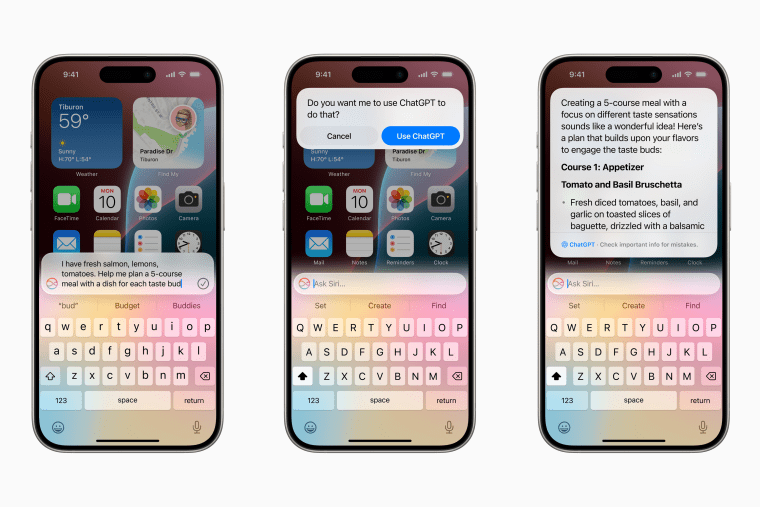
And while the iPhone and iPad photo apps already have a function for text-based searching, the company says it’ll use AI — using personalized data — to make it more powerful. “So you can search for really specific things like ‘Maya skateboarding,’” said Sebastien Marineau-Mes, an executive who presented the update to photo search.
Takeaway No. 4: New tools based on AI
Other features will use AI more obviously but for everyday tasks, like writing and editing email. Rather than thinking of AI chatbots as a separate app or website where you go for help — as people do with ChatGPT — Apple said it’ll integrate that into the everyday function of its apps.
A preview shown by Apple showed how someone writing an email could highlight a draft and then ask for a rewrite to adjust the email’s tone to one of three choices: “friendly, professional or concise” — all without leaving the email app. A user could even ask the app to turn the draft into a poem.
Or consider the native iPhone app for messaging and its companion service, iMessage. Apple said that, without leaving the app, people will be able to use generative AI to create and send images or custom emojis. Those images could also pull in data from elsewhere on the device, such as photo data to generate custom images modeled after a real person, Apple said.
Takeaway No. 5: It’s free
That is, it’s free if you’ve already spent hundreds of dollars to purchase an iPhone or other Apple device. While Apple did announce an integration with OpenAI, Apple is rejecting the idea that people will want to pay a monthly fee for access to the latest version of something like ChatGPT. To Apple, AI is not a separate service to sell but a way to make its core product, the iPhone, more attractive.

Dan Ives, a managing director and senior equity research analyst at Wedbush Securities, said Apple is in a powerful position because it makes the popular devices and those devices have invaluable data. “They will win the consumer AI game,” he said.
David Ingram covers tech for NBC News.

